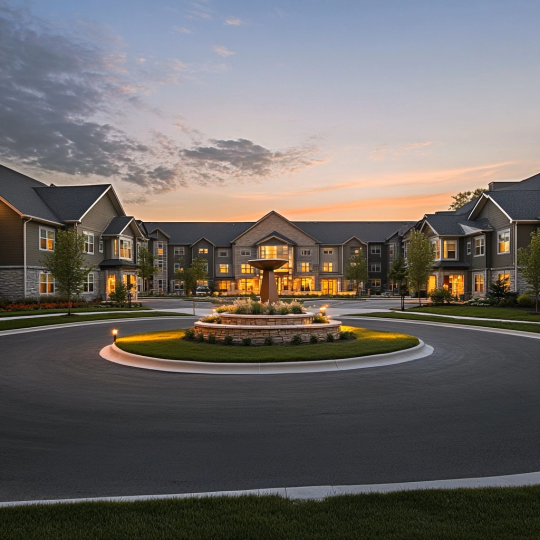One of the issues TBI survivors face after the initial recovery phase is that many of their struggles are not visible upon first glance. Emotional dysregulation, executive dysfunction, short-term memory loss, cognitive delays, and more are not noticeable to the naked eye or the casual observer. Yet, it is often these hidden disabilities that cause the most pain and struggle for these survivors.
If someone has a broken leg and is using a wheelchair, or is blind and accompanied by a guide dog, it is readily apparent to other people that a person has different needs. A business welcoming wheelchair users would have ramps and accessible doors, and people often show more patience when encountering someone on crutches who may be walking slower. But what happens when the disability isn’t visible, and only the actions that reflect that disability are seen? And when those actions are not accepted with as much grace and patience as a physical struggle?
The reactions of other people can often cause more emotional distress to a survivor already coping with their new limitations or issues. Oftentimes, all they need is a little bit of patience and a little bit of support.
One organization is striving towards making the invisible more visible, with a simple sunflower. The Hidden Disabilities Sunflower was created by personnel at London’s Gatwick Airport who recognized that people with hidden disabilities may need a little extra support while traveling just like those with visible disabilities.
Since 2016, the use of a green lanyard with yellow sunflowers worn by those who discreetly want to share their needs has spread from London throughout the world. This sunflower lanyard is a way to visually share that a little additional help, support, or time may be needed by the wearer to complete the expected tasks. Airports, rail lines, supermarkets, entertainment venues, and more have partnered with this organization to support their patrons and offer training to their employees so they can best serve their lanyard-wearing visitors.
For more information, please click the button below.








